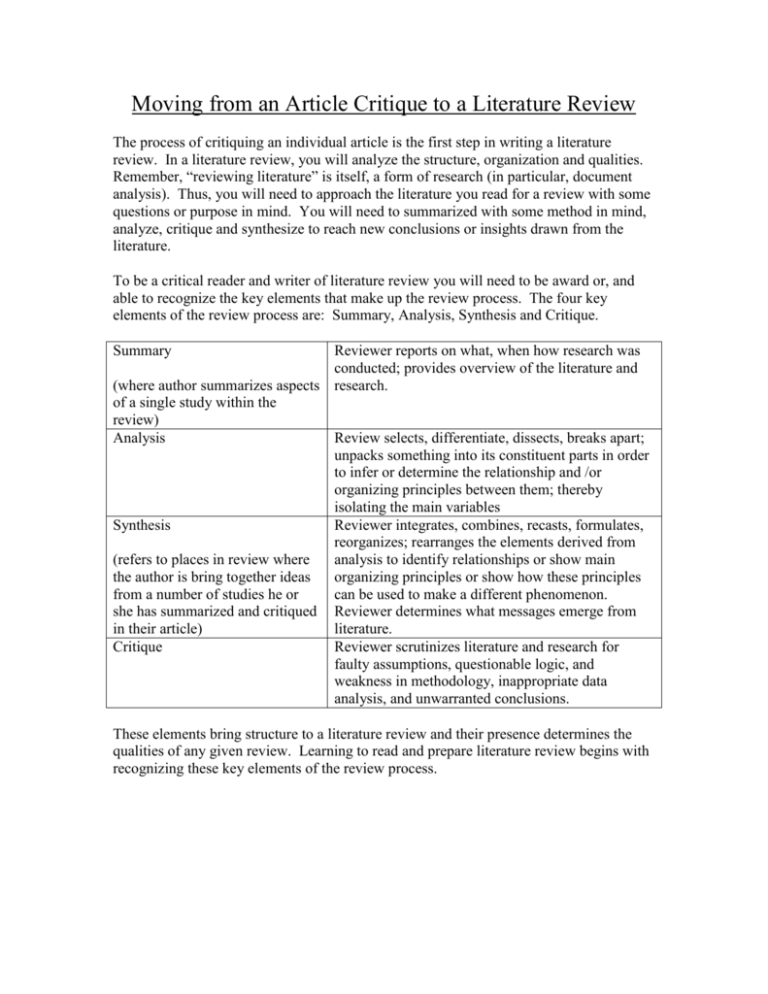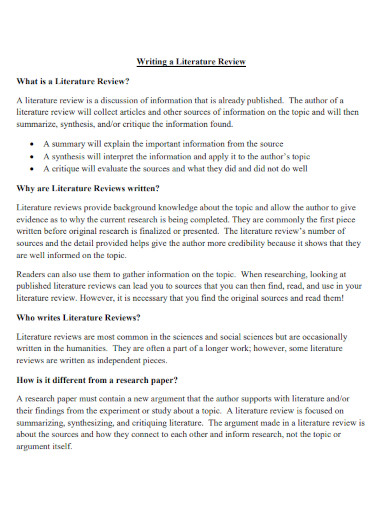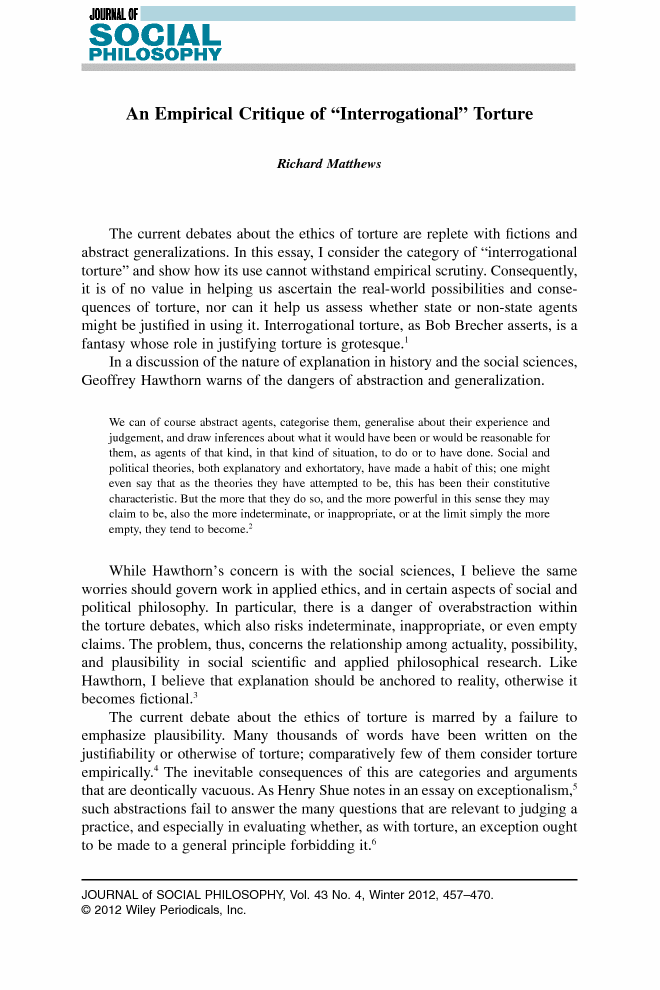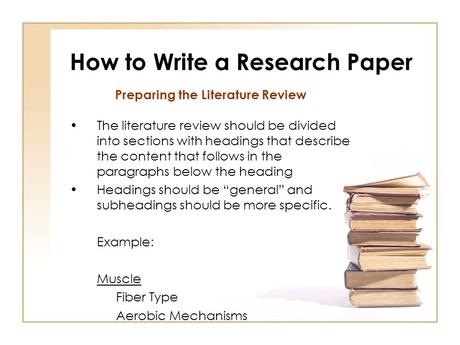A literature review is a critical summary of existing research on a particular topic. It is an important part of any research article, as it helps to contextualize the study and situate it within the broader body of knowledge in the field. As such, it is important to critically evaluate the literature review in any research article to ensure that it is thorough, accurate, and unbiased.
One way to critique a literature review is to assess its comprehensiveness. A good literature review should cover all of the relevant research on the topic, including both published and unpublished sources. It should also be up-to-date, including the most recent studies in the field. If a literature review is missing important sources or is outdated, it can weaken the overall quality of the research article.
Another aspect to consider when critiquing a literature review is the organization and structure of the review. A well-organized literature review should have a clear and logical flow, with each section building on the previous one. It should also clearly distinguish between different research perspectives or findings, and should present a balanced view of the existing research on the topic. If a literature review is disorganized or presents a biased view of the research, it may be less useful and credible.
It is also important to evaluate the quality of the sources included in the literature review. A good literature review should include high-quality sources such as peer-reviewed journal articles, rather than sources of lower quality such as blog posts or personal websites. In addition, the literature review should provide a clear and concise summary of each source, highlighting the main points and findings of the research. If the literature review includes poor-quality sources or provides incomplete or inaccurate summaries of the sources, it can undermine the credibility of the research article.
Finally, it is important to consider the relevance of the literature review to the research study. A good literature review should provide a clear link between the research question being studied and the existing body of knowledge on the topic. It should also identify any gaps or limitations in the existing research, and should clearly outline the contributions of the current study. If the literature review does not adequately address these issues, it may be less useful in helping readers understand the context and significance of the research study.
In conclusion, a critical evaluation of the literature review in a research article is an important step in assessing the overall quality and credibility of the research. By considering factors such as comprehensiveness, organization, source quality, and relevance, readers can gain a deeper understanding of the research and its place within the broader field of study.







